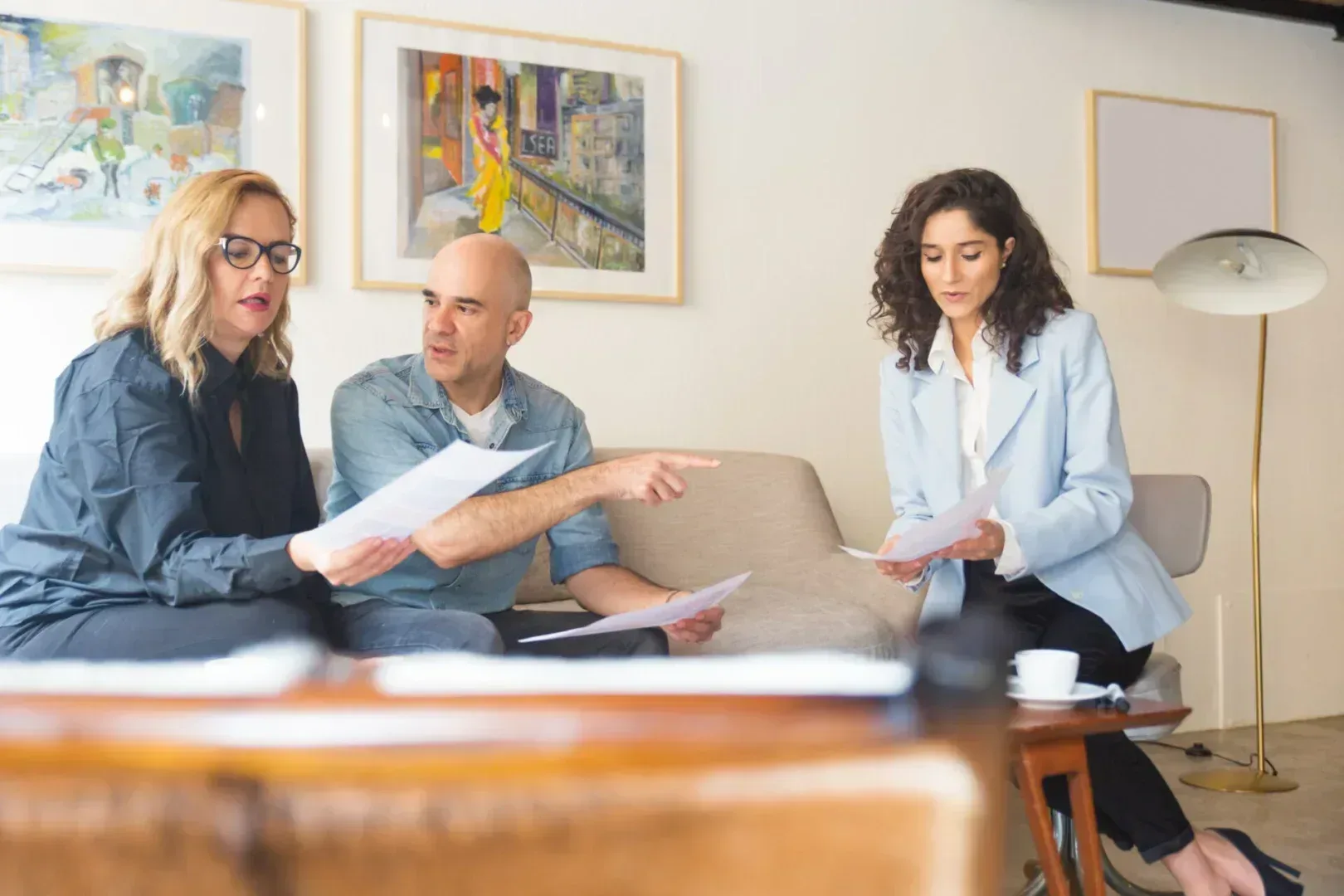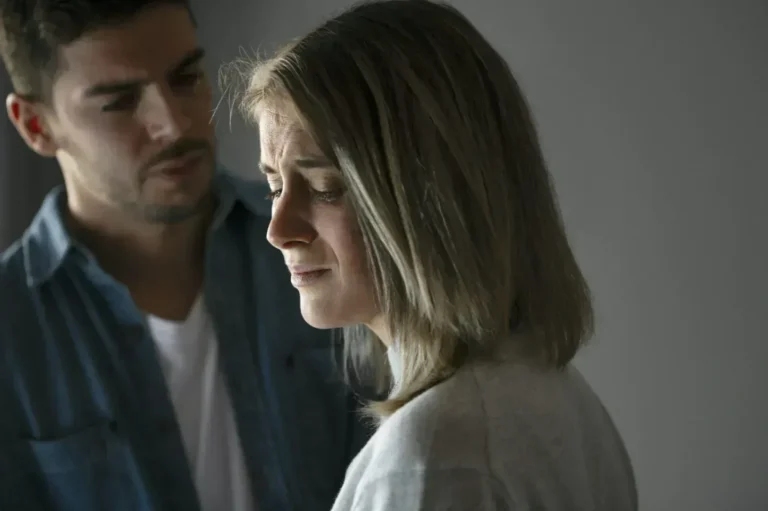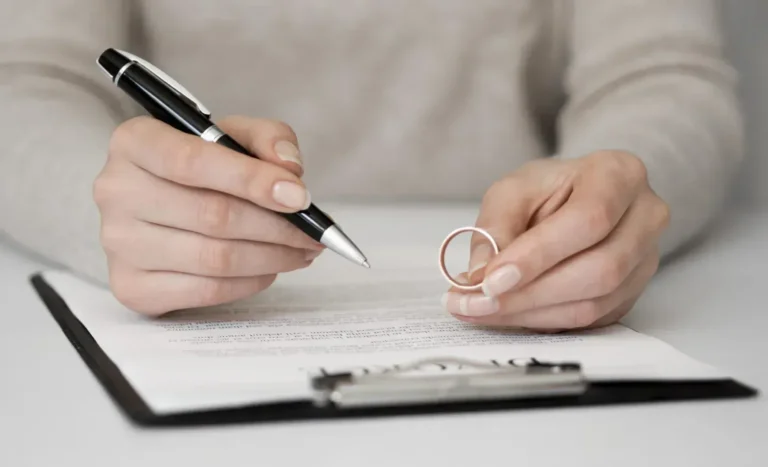Pretrial Divorce Hearing: What Happens and Why It Matters
Divorce is a challenging process, but understanding what happens in a pretrial divorce hearing can provide some clarity. At ReedsAndReeds, we know that this step is vital in resolving disputes and setting the stage for your case. We’ll guide you through what to expect, ensuring you’re fully prepared. Stay with us, and we’ll walk you through every detail of a pretrial divorce hearing.
As stated by the American Bar Association, during a pretrial divorce hearing, both parties discuss issues like child custody and property division, temporary orders may be established, and evidence exchange schedules are set. The judge may also mediate disputes and set a trial date if needed. It helps streamline the final divorce process.
Introduction to Pretrial Divorce Hearings
A pretrial divorce hearing aims to resolve issues early and potentially settle the case without a full trial, streamlining the divorce process.
Typically during this hearing, the judge might talk about temporary custody, child support, spousal support, and dividing property. Both sides can present their arguments and any evidence they have.
The main goal of the pretrial divorce hearing is to make the trial easier by figuring out the main issues, focusing on what each side disagrees on, and maybe even reaching an agreement. The judge might also suggest trying mediation or other ways to settle things without going to court. In essence, both sides need to come prepared and work with the court. This means gathering necessary documents, being on time, being respectful, and following the judge’s orders.
In general, the pretrial divorce hearing is an important step in the divorce process. It helps get everything for the trial and looks for ways to resolve issues early. This can help both sides work towards a fair and quick end to their divorce.
Purpose of a Pretrial Divorce Hearing
A pretrial divorce hearing streamlines the divorce process by clarifying issues and gathering very important information before the full trial.
You know, the main goal of this meeting is to sort out any early issues in the divorce, like who will take care of the kids temporarily, money support for a spouse, and splitting up belongings.
At the hearing, both sides and their lawyers can tell their side of the story and show any proof they have. The judge might also ask questions to understand the case better. This helps the court make better decisions when the trial happens.
It seems that this pretrial hearing also offers a chance for both sides to try to settle the case by talking things out or through mediation. This can save time and money that might be spent on a long, tough trial.
In short, the pretrial divorce hearing aims to make the divorce process smoother. It deals with early issues and might help both sides reach an agreement before going to trial. This step is important to ensure everything moves along efficiently.
Steps Involved in a Pretrial Hearing
Continuing from earlier talks, the pretrial hearing kicks off with the judge setting the agenda and confirming the attendance of both the prosecution and defense.
To outline briefly, the next step is to look at any requests from either side, like asking to ignore certain evidence or to throw out the case. The judge will review these requests and decide on each one.
After that, the prosecution will start by explaining the charges, showing evidence, and calling witnesses. The defense can then question these witnesses and challenge the evidence. The defense can also present its evidence and call its witnesses to support their case.
At its simplest, during the pretrial hearing, both sides will argue their points and sort out any legal issues that come up. The judge may also handle things like setting a trial date, talking about possible plea deals, or making decisions on what evidence can be used.
The main goal of a pretrial hearing is to clear up the issues, make sure both sides get a fair chance to present their case and address any legal matters that might affect the trial. The judge uses the hearing to gather information and get ready for the trial.
Preparing for Your Pretrial Hearing
Thinking about our last meeting, preparing for your pretrial hearing often uncovers interesting case details as you gather crucial evidence, witness statements, and legal filings.
Essentially speaking, it’s important to understand the charges against you and know any defenses you might have.
You should also look into the court rules and what happens during pretrial hearings so you know what to expect. Talking with your lawyer about your strategy and any possible negotiations is a good idea.
At the pretrial hearing, be respectful and follow the judge’s instructions. To break it down, be ready to explain your side clearly and briefly since the judge will be making decisions that affect your trial.
To prepare for your pretrial hearing, stay organized, informed, and ready to speak up for yourself in court. By gathering all the information you need and understanding the legal process, you can improve your chances of a good result in your case.
Common Issues Addressed in Pretrial Hearings

From what we figured out before, pretrial hearings often tackle key issues like evidence admissibility, discovery disputes, motions to dismiss or suppress evidence, plea deal evaluations, and trial scheduling.
It seems that, pretrial hearings help the judge sort out any procedural issues, settle disagreements between the parties, and make sure both sides are ready for trial. These hearings might also cover talks about possible witnesses, legal points, and any other things that need to be fixed before the trial starts.
Typically, the main goal of pretrial hearings is to make the trial run more smoothly, clear up any remaining questions, and ensure that both parties can fairly present their case in court.
My Concluding Remarks
As previously highlighted in conclusion, a pretrial divorce hearing is a very important step in the divorce process where both parties and their attorneys come together to discuss potential settlements, exchange necessary information, and address any preliminary issues.
What ReedsAndReeds is suggesting you start is, it provides an opportunity for the court to better understand the case and for both parties to attempt to reach a resolution before going to trial.







